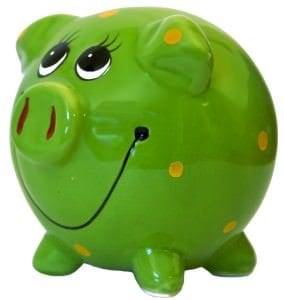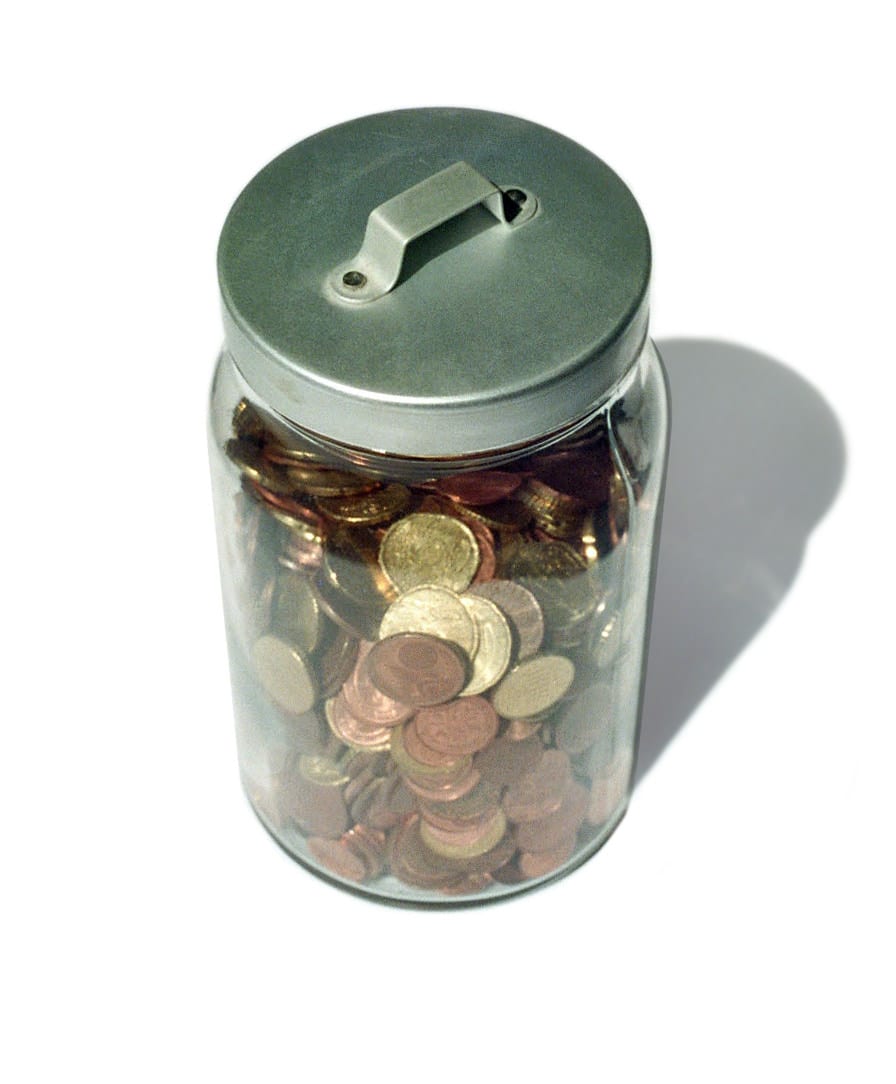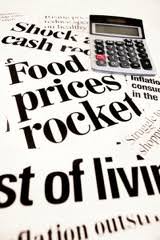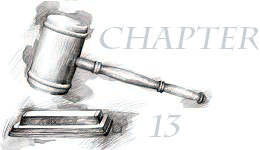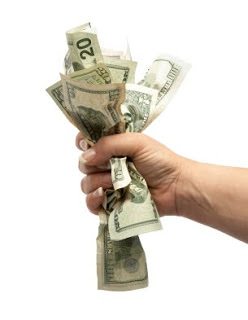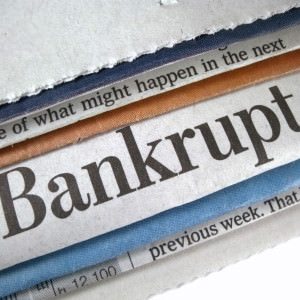Everyone knows how tough the economy has been lately and is looking for ways to cut corners. There are a lot of simple and small things you can do to make your money go further and stop living pay check to pay check. Keep reading to find out slim down your expenditures!
Expenditures Tracking Tips
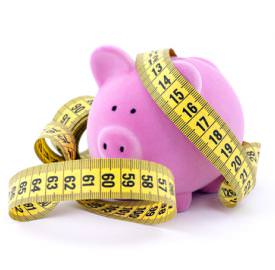 Pack your lunch for work instead of buying lunch everyday. Chances are you are paying between 5-10 dollars a day to eat lunch at work. By simply making yourself a sandwich and throwing some snacks in a bag or taking some leftovers to put in the fridge at work, you can save yourself almost 50 dollars a week! That is 200 dollars a month. Now you should compare that to what you are bringing in and think about the bills you can pay with that extra money!
Pack your lunch for work instead of buying lunch everyday. Chances are you are paying between 5-10 dollars a day to eat lunch at work. By simply making yourself a sandwich and throwing some snacks in a bag or taking some leftovers to put in the fridge at work, you can save yourself almost 50 dollars a week! That is 200 dollars a month. Now you should compare that to what you are bringing in and think about the bills you can pay with that extra money!
Consider either getting rid of cable TV all together or just getting basic cable. With the internet, you are able to find movies and television shows to watch for free! You can also get video services such as Netflix or rent movies for minimal fees at Redbox. You could also get a new hobby and spend your time on it instead of with the television every night!
Do not be afraid to call your credit card provider and get an interest rate reduction. Often times they will do this for customers who are loyal and that pay their bills on time. They might surprise you with their answer if you just take the time, sit down, and give them a call!
Ask for a copy of your credit score, you can do this by either writing the credit bureaus or simply filling out a free credit report request on the internet. Be careful of scammers that just ask for your information; get your credit score from a reputable source. Once you have your credit score, you can start eliminating some of the debt that you have and fixing the bad ratings. You can do this with the money you are saving from lunches!
Let your friends and family know that you are trying to fix the way you handle your money. They might have some advice and tips for you that you were not aware of before and it is always very helpful to have a support system in place when you are trying to save money or cut some unneeded expenditures out of your budget.
The expenditures tricks and tips in this article will help you get your pockets right and keep your hard earned money with you. This will help you save for the future or for something that you never thought you could have. You will be happier knowing that you are more financially stable and also feel better about your financial future. If you have children, this is also very important because it gives you the assurance of knowing that they will be taken care of if you are gone and you have saved money for their future and perhaps their college degree.
